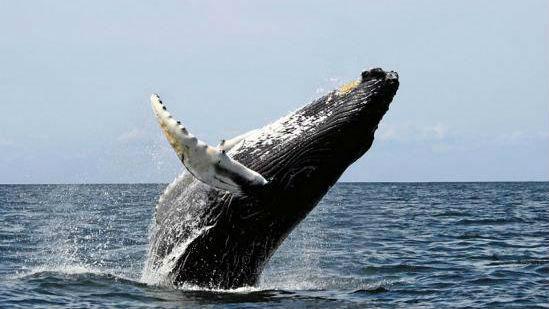Scientists Ask Obama to Rethink Seismic Blasting

The Obama administration’s decision to allow the use of seismic air guns for oil and gas exploration in the Atlantic Ocean has raised serious concerns with marine scientists. Seventy-five of the top scientists from not only the U.S. but around the world addressed the President in a letter urging him to reconsider the oil and gas exploration program due to the “significant, long-lasting and widespread impacts on the reproduction and survival” of whales and other marine life.
Whales are of significant concern due to the fact that they rely on sound waves to communicate, travel and feed. The seismic blasts emit noise that is capable of masking the whale calls for over thousands of miles underwater, experts argue. The North Atlantic right whales were specifically brought up in the letter, as there are only 500 of the endangered species remaining in the area where the seismic blasts would take place.
The seismic project could also disrupt the commercial fish populations, and has even driven away commercial species in other countries, which resulted in enormous catch-rate drops. The blasts could potentially terminate fish eggs and larvae and interfere with breeding.
Last year, the Department of the Interior authorized over 20 million “shots” that would take place over an extended period of time by oil companies exploring oil and gas deposits below the ocean floor. Applications have been filed for blasts that extend from Delaware to Florida, including other deeper waters farther out at sea. Serious concerns were initially raised in regards to this issue when the Obama administration announced authorization of offshore gas and oil drilling for the first time in 30 years earlier this year.
The seismic blasts, when initiated, fire off every 10-12 second over a period of weeks or even months at a time.
The government has stated that no applications will be allowed unless measures are taken to reduce harm to marine species.
